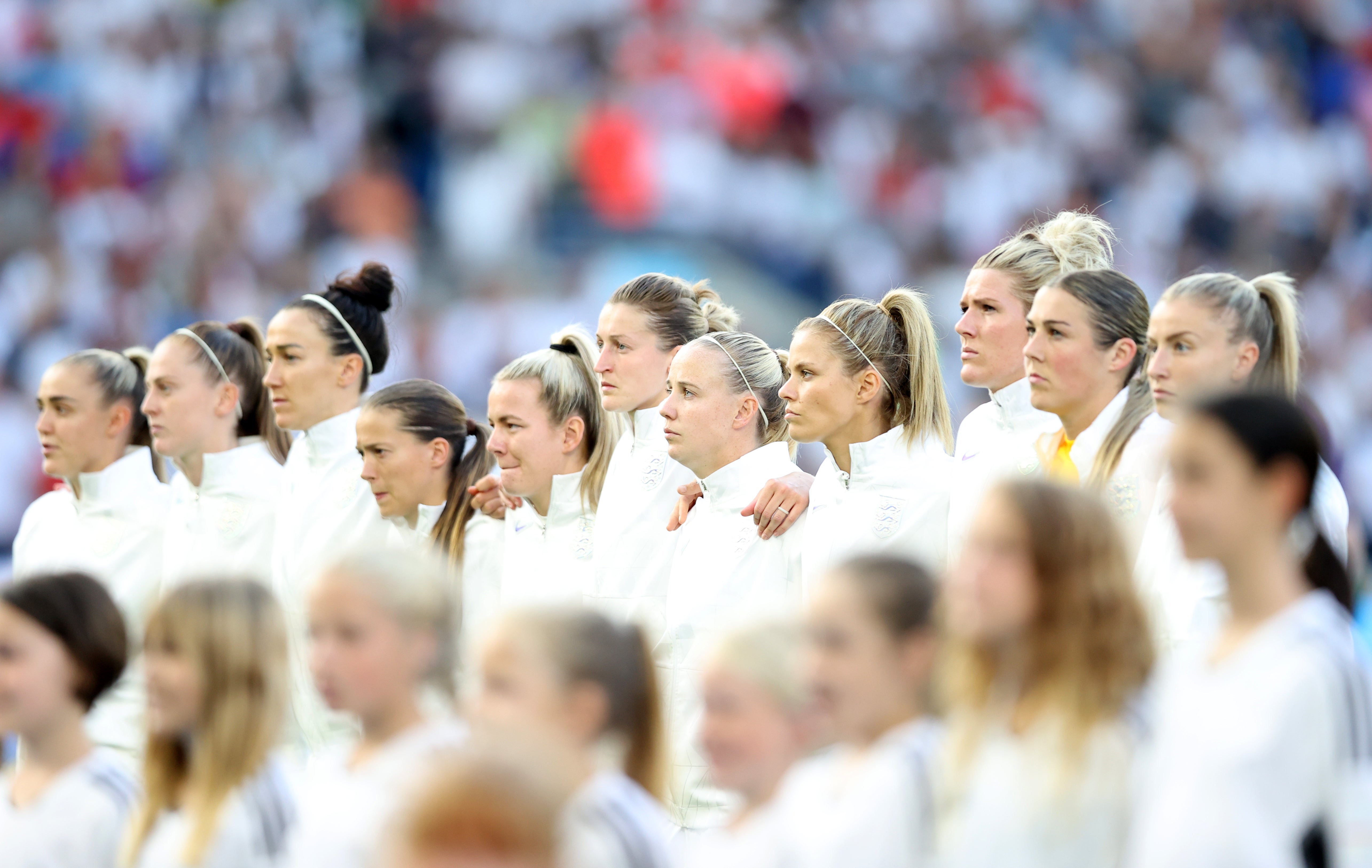England’s remarkable victory in the final of the Women’s Euro 2022 competition has achieved even more than the performance by England’s men in their Euro finals a year ago. Both teams excited and united the country and now the women have managed to go one crucial step further than the men by claiming the trophy.
Gareth Southgate’s team doubtless encouraged more boys to kick a ball in the park or school playground or join a local football club. Yet Sarina Wiegman’s Lionesses have performed an even more important service for the nation: making a powerful statement that football is unmistakably not “just for the boys”. The Lionesses’ triumph will be long-lasting and, hopefully, permanent – it certainly means much more than the wonderful celebration of victory in one match, with a series of superb performances and also putting a smile on the face of a country facing an economic crisis.
Women’s football has grown quickly in the UK in recent years – it was only four years ago that the Women’s Super League became fully professional – but the past four weeks will surely provide rocket boosters, with a record 87,000 attendance for a women’s European final at Wembley, and by reaching new audiences as TV viewing figures for the tournament were broken.
A mountain has been climbed in very unfavourable conditions, and it has been a painfully long journey to reach the summit. The first official women’s “association football” match was played in Crouch End, north London, in 1895. Women were deemed strong enough to man the munitions factories during the First World War but after women’s football became popular in the years that followed, in 1921 the Football Association banned such games on its pitches, declaring “the game of football is quite unsuitable for females and ought not to be encouraged”.
The pioneering Manchester Corinthians Ladies Football Club were among those who defied the edict, taking part in international tours in the 1950s and 1960s. They won 50 trophies and raised £275,000 for charity before the FA belatedly lifted its ban in 1971.
Hopefully, England’s triumph will win over doubters who grumble, often with more than a tinge of misogyny, that the women’s game is inferior to the men’s. Regrettably, the view in the early 20th century that a women’s place was in the home rather than on the pitch has not changed as much as we might think. Recent academic research found that such sexism is still evident, with some men saying women should stick to “feminine” sports such as athletics.
In fact, Euro 2022 has provided evidence that the women’s version is in some ways the more beautiful game. It is rarer to see female players than men try to con the referee by screaming in agony in the hope of winning a free kick or doing a dive Tom Daley would be proud of to try to win a penalty. The statistics show the men’s game is dirtier: in Euro tournaments, men averaged 24 fouls per game and women 20, while men received 2.7 yellow cards per match and women 1.6.
The people-management skills brought to the England women’s team by the former international Phil Neville when he was their manager have been taken to a new level by Ms Wiegman, who won the Euros in her native Netherlands in 2017 and has now brought the same tactical nous to England.
To keep up to speed with all the latest opinions and comment sign up to our free weekly Voices Dispatches newsletter by clicking here
There is still room for improvement in the women’s game. Commentators have noted the paucity of Black players in the current England line-up when compared to the men’s team. A previous manager, Mark Sampson, was accused of making racially discriminatory remarks. There are concerns that football academies are not as inclusive as they should be and that talented Black girls are missing out.
The pay gap between male and female footballers should be narrowed. Although salary levels are not known, the England women’s team is believed to have a market value of £2.4m, compared to the men’s estimated £1.2bn. Time for a reappraisal there: the Lionesses have been excellent role models both on and off the pitch in a way that puts to shame the behaviour of some Premier League players.
Above all, the England women’s team deserve our heartfelt praise and thanks because they will inspire a new generation of girls not just to take up the beautiful game, but to aim for the stars in life as well as in sport.




Join our commenting forum
Join thought-provoking conversations, follow other Independent readers and see their replies
Comments